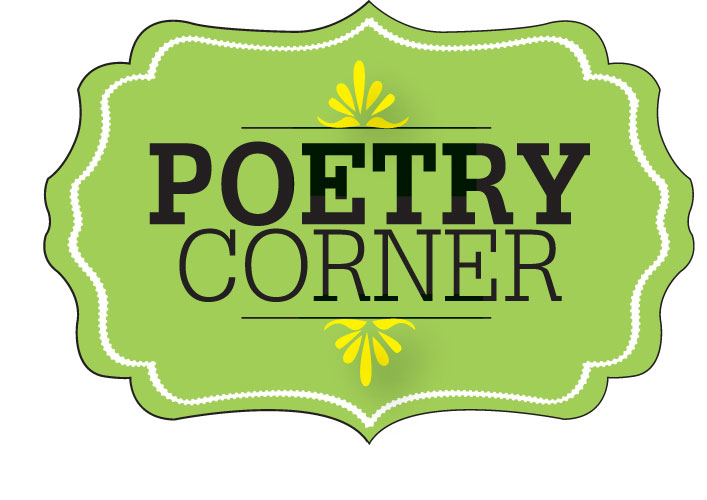Poetry Corner
By Norah Christian
Billy Collins was born in New York City in 1941. He is, as the New York Times has called him, “the most popular poet in America,” not only because he is both funny as well as deep, but he is understandable.
Poet and critic Michael Donaghy called Collins a “rare amalgam of accessibility and intelligence.” Collins served two terms as the US poet laureate, from 2001-2003, was New York State poet laureate from 2004-2006, and is a regular guest on National Public Radio programs.
In his poem “Picnic, Lightning,” while Collins is planting his red impatiens, he is also thinking about “the instant hand of Death”: the bizarre and various ways we can die, and instantly.
I, too, think of death all the time—since I was seven. (Perhaps due to Catholic school in the 40’s and 50’s.) I do not think of this as morbid (though my kids do). Death is, after all, the greatest mystery. Reminding yourself of death gives an edge to your life. In “The Sun Also Rises,” Hemingway has Jake say, “Nobody ever lives their life all the way up except bull fighters.” Precisely because the bull fighter looks death in the eye every day, his life is more vivid, precious, and valuable to him.
I also think of Wallace Stevens’ line in his poem “Sunday Morning”: “Death is the mother of beauty.” Because Death exists, Life is beautiful. Here’s Collins shoveling compost. He thinks of death, and “then the soil is full of marvels”—his eyes are opened to everything, he sees a beetle, the wheelbarrow is a wilder blue, the clouds a brighter white, the plants are “singing,” and he is truly alive in the hours that sweep him into the next.
 Picnic, Lightning
Picnic, Lightning
By Billy Collins 1941 –
It is possible to be struck by a
meteor or a single-engine plane while
reading in a chair at home. Pedestrians
are flattened by safes falling from
rooftops mostly within the panels of
the comics, but still, we know it is
possible, as well as the flash of
summer lightning, the thermos toppling
over, spilling out on the grass.
And we know the message can be
delivered from within. The heart, no
valentine, decides to quit after
lunch, the power shut off like a
switch, or a tiny dark ship is
unmoored into the flow of the body’s
rivers, the brain a monastery,
defenseless on the shore. This is
what I think about when I shovel
compost into a wheelbarrow, and when
I fill the long flower boxes, then
press into rows the limp roots of red
impatiens — the instant hand of Death
always ready to burst forth from the
sleeve of his voluminous cloak. Then
the soil is full of marvels, bits of
leaf like flakes off a fresco,
red-brown pine needles, a beetle quick
to burrow back under the loam. Then
the wheelbarrow is a wilder blue, the
clouds a brighter white, and all I
hear is the rasp of the steel edge
against a round stone, the small
plants singing with lifted faces, and
the click of the sundial as one hour
sweeps into the next.

